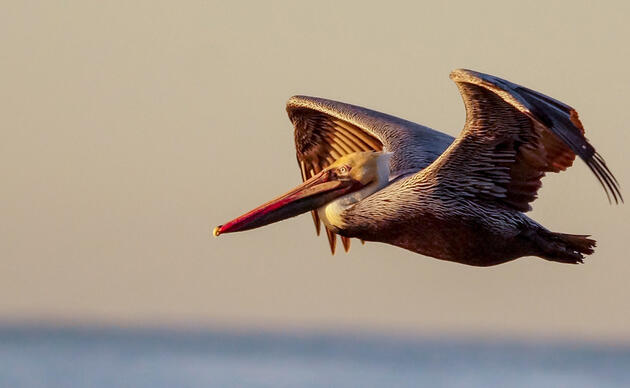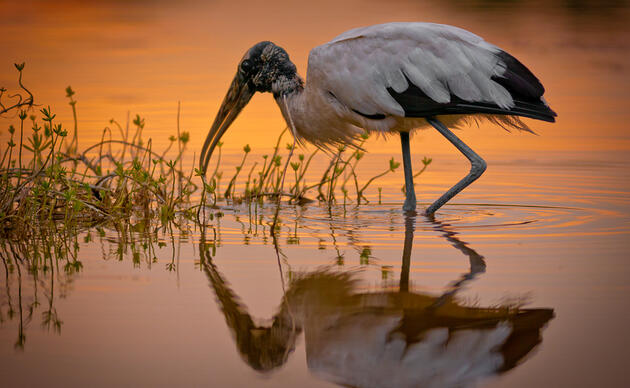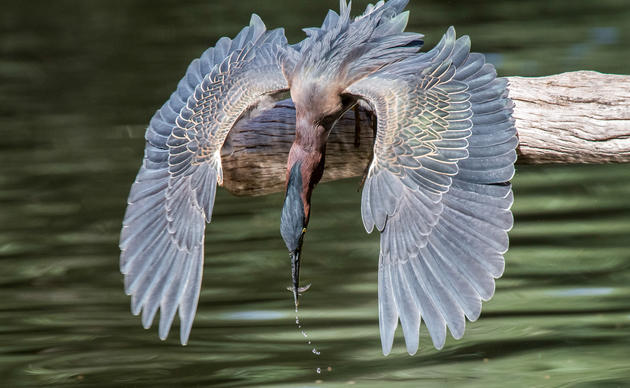Audubon South Carolina is undertaking a new resilience initiative in the northern part of Charleston County to find projects that will improve bird habitat and conditions for people in communities most impacted by coastal hazards such as flooding and storm surge. As sea levels rise, bird habitat dwindles, and frontline communities like Awendaw and McClellanville face increasing threats. Audubon SC is seeking to work hand-in-hand with the communities around Cape Romain National Wildlife Refuge to identify projects that will benefit both people and birds.
Project Objectives
We want your help to envision a thriving community for people and wildlife. Audubon will engage community members including municipal officials, faith and community based leaders, other non-profits, relevant government agencies, and residents to identify on-the-ground projects that will improve or create wildlife habitat, and benefit people nearby Cape Romain National Wildlife Refuge.
Focusing on At Risk Communities
Awendaw, McClellanville, and unincorporated communities are part of the Santee Watershed, which has been one of the most impacted by recent major storms. This area also has a high risk of flooding in the future. We want to work with community members like you to improve flooding issues while also improving habitat for birds. For example, by restoring barrier islands and marshes near Cape Romain, we can build a better buffer against storms and hurricanes for communities and help provide habitat for the birds that rely on these areas. There are many other possible win-wins between community resilience and improved wildlife habitat, and we want to work with you to come up with solutions that work.
Nature-based Solution Examples
Using nature-based solutions is the most effective way to deal with long-term flooding problems. Some examples include:
- Beneficial use of dredged sediment (marsh enhancement, island restoration)
- Park design to help hold flood waters
- Living shorelines
- Water level management
- Road elevation with wildlife corridors
Note that as of November 26, 2024, Audubon South Carolina is currently looking to contract engineering services to support this project. Please review this Request for Qualifications (RFQ) for application instructions. RFQ submission is due January 8, 2025.
Who We Are
Our staff is made up of scientists, teachers, communicators, writers, nature-lovers, and bird-watchers. We love to connect people with nature, and to connect with people in nature, learn, and share knowledge. Reach out by emailing Erin Rogers at erin.rogers@audubon.org to get involved.



